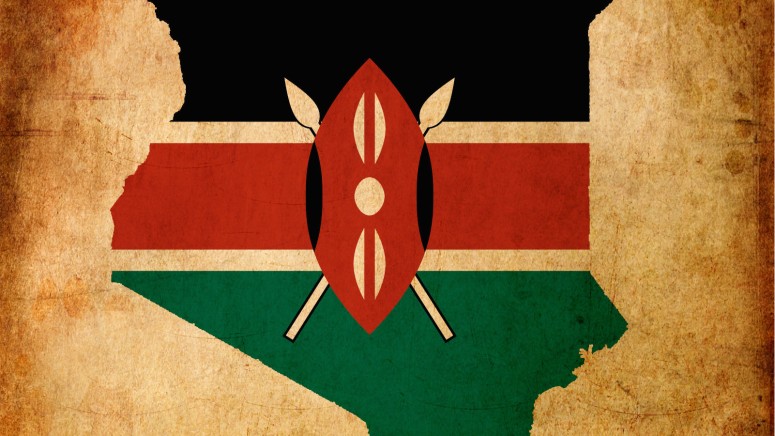
Piracy in Kenya is About to Take a United States-Supported Blow
- Pirates in Kenya have been left to operate uninterrupted for a long time now, but this may change soon.
- The MPA is proposing a set of strict anti-piracy measures to the Kenyan government, who has been trying to oppose pirates since 2019.
- Some of the suggestions haven’t even been adopted in the U.S., so the MPA wants Kenya to become a pioneer.
The Kenyan government has been trying to tackle the extensive problem of piracy in the country since last year, forming the “Kenya Copyright Board”, the “Partners Against Piracy”. Even they brought the international data security firm “Irdeto” aboard to help them raise awareness about the adverse effects of piracy in society. Kenya has been one of the largest online piracy havens in the world, with many streaming platforms based in the African country due to the lax regulations and the indifferent local law enforcement authorities.
Piracy is a global problem, and a website based in Kenya can serve pirated content on users that are based in the United States, so this is where the MPA (Motion Picture Association) comes into play. The coalition is now consulting the Kenyan government on what anti-piracy measures they should adopt, and they are specifically advising them not to just copy the DMCA (1999 Digital Millennium Copyright Act). Instead, they warn Kenya that DMCA is ineffective in terms of keeping pirated content down once it has been removed. Through the U.S. Trade Representative, who is now negotiating a new trade deal with Kenya, the MPA has sent an advisory that recommends a strict copyright protection legislation, integrating a clear “staydown” policy.
This would compel ISPs in the country to control and manage a “takedown” list, ensure that copyright-infringing content doesn’t re-appear online after a while and that there are no ‘safe harbor’ protections that serve as a backdoor for pirates. In the same context, Kenya is urged to adopt statutory damage compensation for copyright infringement cases that reach the court. The judges should also issue permanent injunctions that would support the ISPs in their role to keep the identified infringing domains offline forever.
In addition to the above, the MPA is also proposing the extension of the copyright term, from the current 50 years to the author’s life plus 70 years. The MPA would like to see Kenya taking brave decisions on the matter, as some of the proposals haven’t even been adopted by the U.S. lawmakers yet. This means that if Kenya accepts them, the African country could be soon presented as a successful example by lobbyists in the U.S. Whether or not Kenyans will accept any of the above in order to see their free trade deal with the United States moving forward, we will have to wait and see.








